By Evette D. Champion
It is a common belief that African Americans prefer to use Ebonics and chastise others for “talking white,” even among African Americans. The school district in Oakland, California even went so far as to approve the use of Ebonics in the classroom in 1996. This decision sparked many public figures to condemn the decision. Reverend Jesse Jackson even called the decision “bordering on disgrace.”
What is officially known as #African American Vernacular English, Ebonics is a recognized language system complete with grammar and pronunciations all of its own. You may be surprised to learn that Ebonics have a lot of similarities with regional dialects of Great Britain during the 17th century. It is a distinct form of English that is generally used in informal settings.
With that said, Standard English, also known as “proper English” is still widely associated with white people. There have been numerous stories and anecdotes where young African Americans harass other young African Americans for “talking white,” simply by speaking English correctly.
According to Jason Riley, a columnist for the Wall Street Journal, there is a pathology where African Americans were taught that there is a link between speech patterns from different races and intelligence. He states that young children learn from a young age that using proper English and “sounding white,” will subject them to being mocked by other #black children, so they decide not to speak properly.
Riley’s theory states that African Americans place a stigma on being educated with being “white.”
In a book that Riley wrote called, Please Stop Helping Us, he mentioned a professor of anthropology who explored the belief by black teens that acting “white” was a negative thing.
In another research conducted in 2005, Karolyn Tyson, William Darity Jr., and Domini Castellino discovered “that black adolescents are generally achievement oriented and that racialized peer pressure against high academic achievement is not prevalent in all schools.”
In their research, they interviewed students from eight schools in North Carolina, and they discovered that the stigma does, in fact, exist. There are some special circumstances though. The stigma is more prevalent in school where there are more white students. Both black and white students have these racially charged perceptions.
Interestingly enough, the belief of “acting white” is not as common in schools that are more segregated because they were not attached to how the student performs academically, but rather the way the person behaves. For example, if you had more white friends and began adopting their style, you may be accused of “acting white.”
Is it right? No. “Racial ridiculing happens. But it isn’t a feature of black culture.”


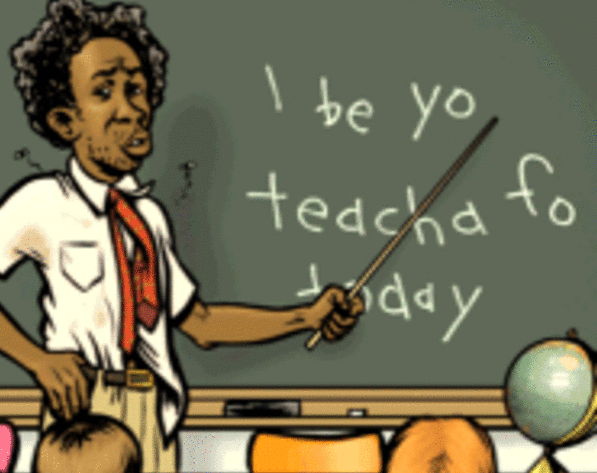

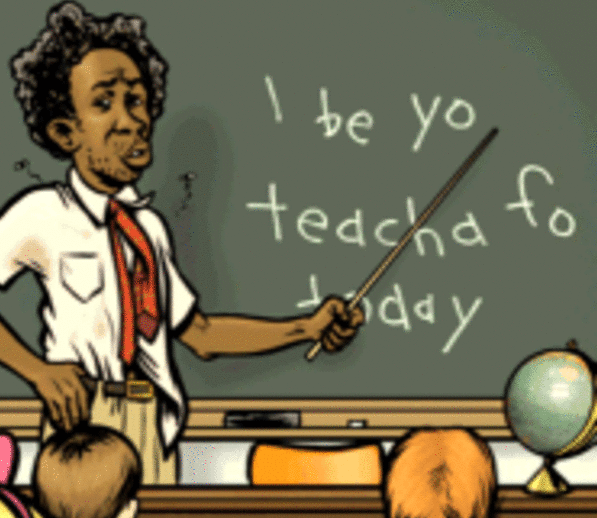





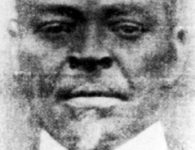


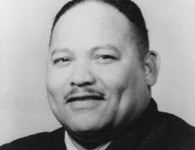

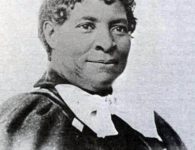


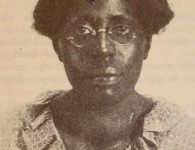
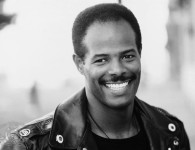
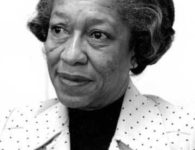
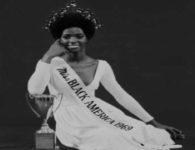
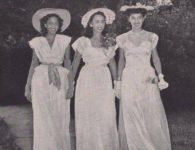
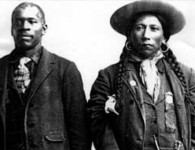
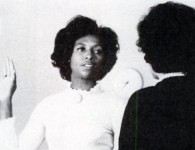

No comments